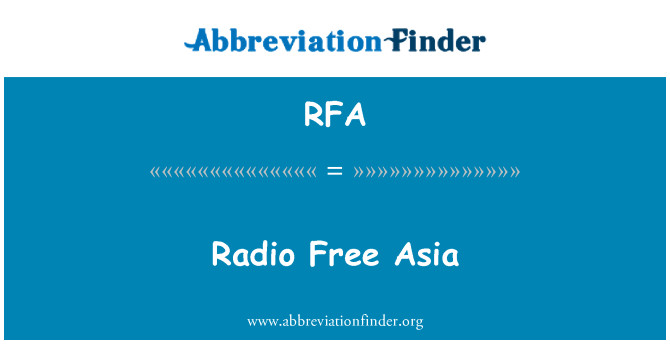The Trump administration has sparked significant debate and concern with its recent decision to reclassify nursing degrees, removing them from the list of "professional degrees." This move, part of a broader educational policy shift, has far-reaching implications for nursing students, healthcare providers, and the future of healthcare delivery in the United States .
Under the new guidelines, nursing, along with several other fields, is no longer considered a "professional degree." This reclassification affects how student loan caps and financial aid are allocated, potentially making it more challenging for nursing students to access the financial support they need to pursue their education. This decision comes as the healthcare sector faces a critical nursing shortage, which complicates efforts to ensure adequate staffing and quality care .
The American Nurses Association and the American Association of Colleges of Nursing have been vocal in expressing their disapproval. These organizations have launched petitions and advocacy efforts to convince the Department of Education to reverse this decision. They argue that nursing, given its critical role in healthcare, should be recognized as a professional program. This would help maintain a robust and well-trained healthcare workforce, essential for addressing current and future healthcare needs .
The reclassification of nursing degrees is part of a larger set of changes under the Trump administration's "One Big Beautiful Bill." This legislation aims to implement sweeping cuts to student loans and alter funding mechanisms for various educational programs. The exclusion of nursing as a "professional degree" is particularly contentious, as it impacts over 260,000 students currently enrolled in nursing programs at different levels, including master's and doctoral degrees .
The administration's rationale for this reclassification remains unclear, but the move has elicited strong reactions from professional organizations and educational institutions. The Educational Testing Service (ETS), which administers the Graduate Record Examinations (GRE) for many professional programs, including nursing, has not yet issued a formal statement on this policy change. However, other professional associations and advocacy groups are closely monitoring the situation and preparing responses .
This policy shift underscores a broader conversation about educational equity and the future of health workforce development. As the U.S. continues to face a nursing shortage, the reclassification of nursing degrees raises questions about how best to support and fund professional education in essential fields. The impact of this decision will be closely watched, as it could influence future policies and the landscape of professional education in the United States .
The exclusion of nursing from the "professional degree" category has profound implications for the nursing field and the broader healthcare sector. As the Department of Education continues to implement its new policies, the response from nursing organizations and educational institutions will be crucial in shaping the future of nursing education and healthcare workforce development. The coming months will be pivotal in determining how this reclassification will affect nursing students, healthcare delivery, and the overall educational landscape .



